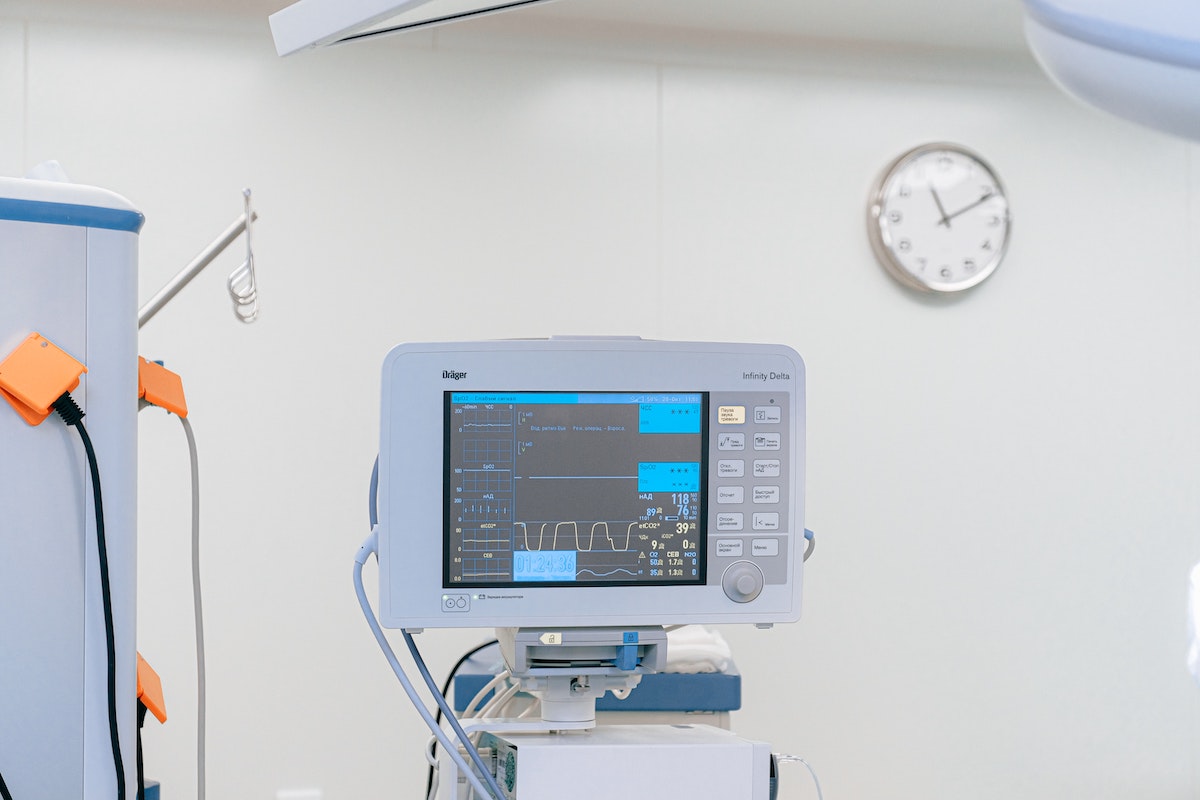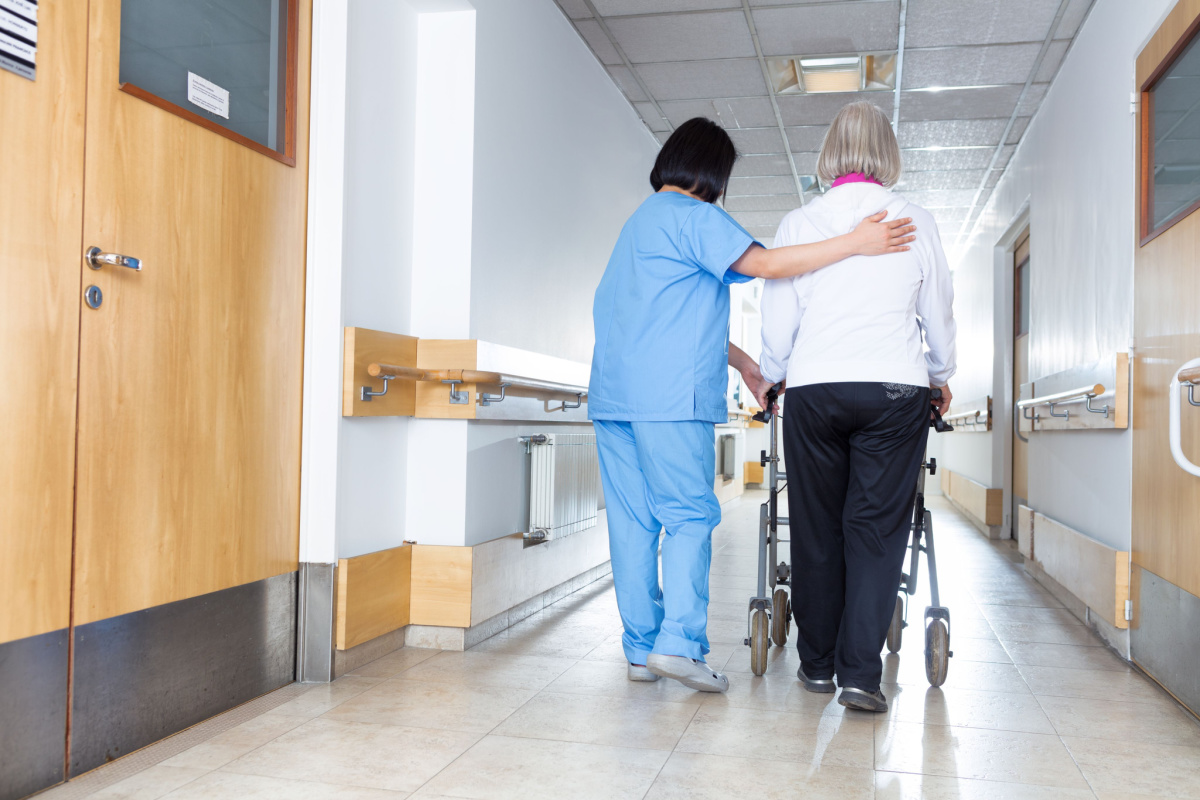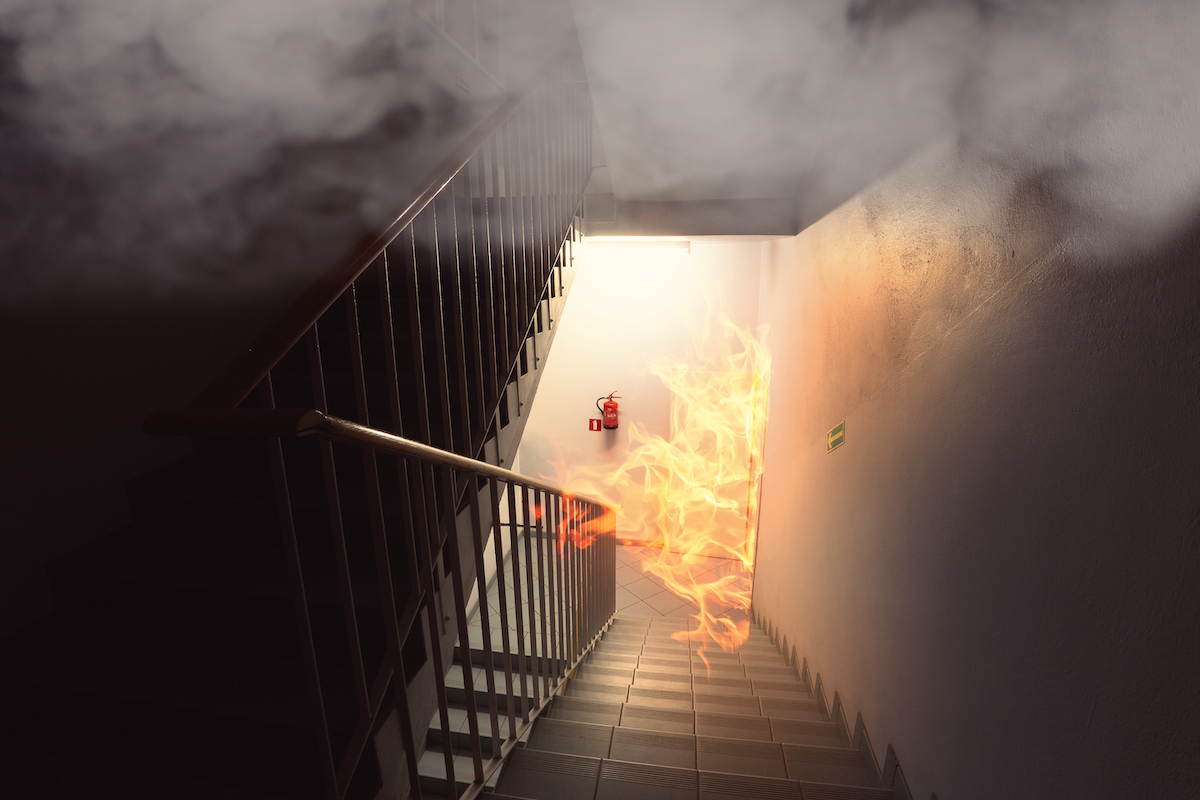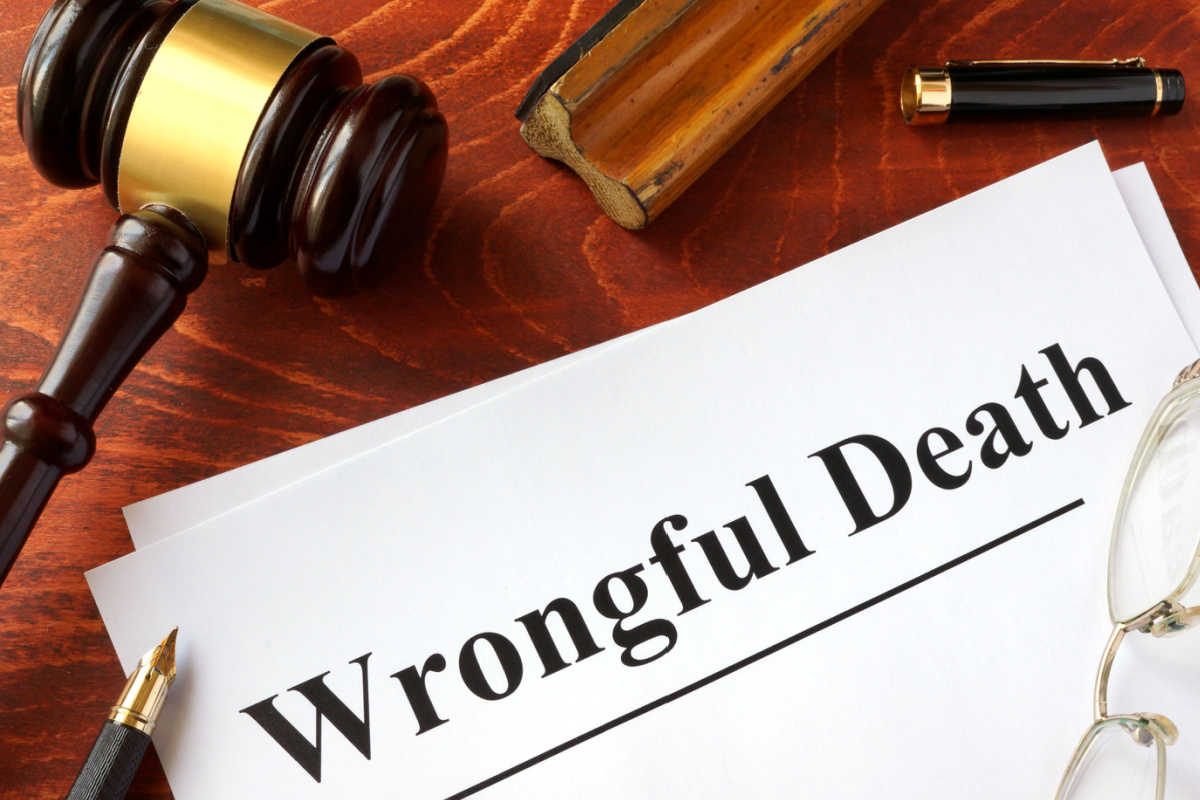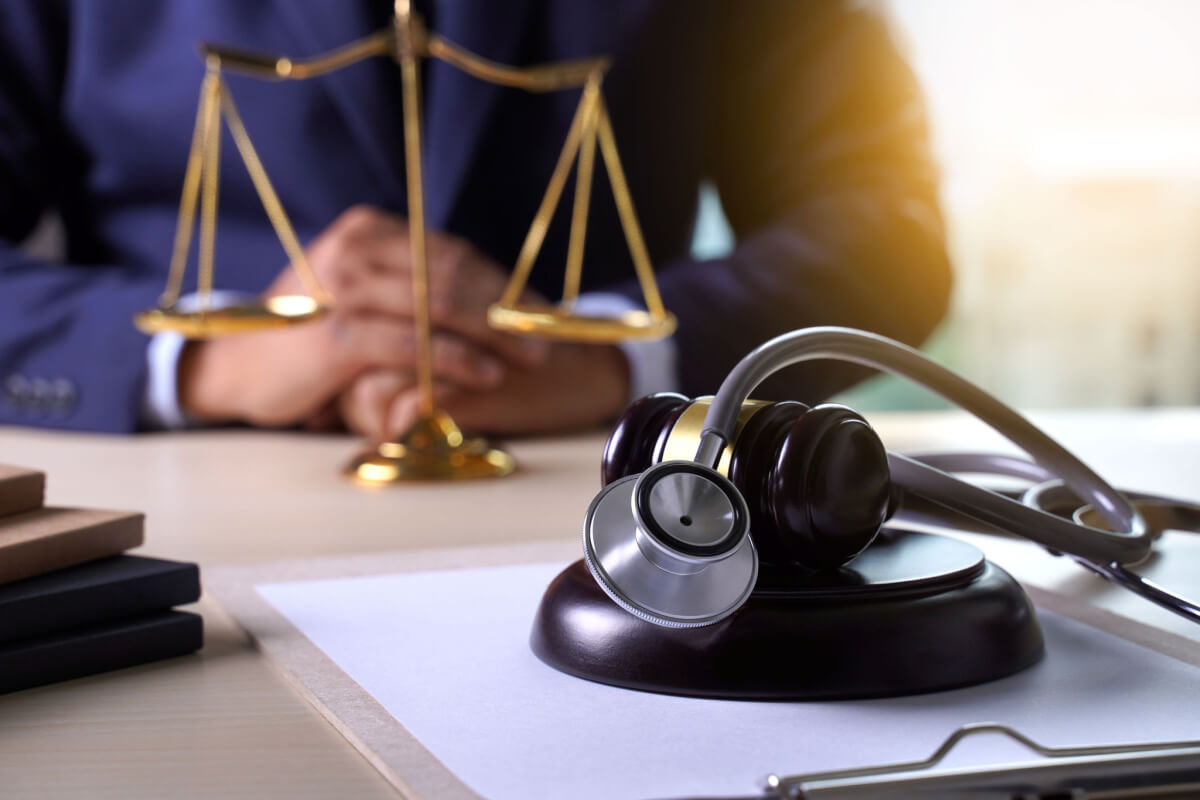
In 2014, Jim Taft of West Columbia had a spinal cord stimulator implanted in his back. He is now mostly paralyzed, and a typical day sees him unable to leave his bed. He’s a prisoner in his own home due to a defective medical device.
Jim sought relief from pain. His doctors described a spinal device that could “change his life.” The spinal cord stimulator was designed to mask his pain symptoms, but it failed very soon after it was implanted. There was an operation to repair it, but the device kept shocking him. Years later, Jim is virtually paralyzed and struggles to even use the restroom on his own.
For years now, doctors have pushed spinal cord stimulators as safe alternatives to the growing use of opioids, but they have proven to be more dangerous than most patients realize. They account for the third-highest amount of medical device injuries reported to the FDA.
Spinal cord stimulators are just one type of medical device that can fail.
Through science and advances in healthcare, we have been able to live longer, healthier lives. Whether it be through prescription medication, physical therapy, or medical devices, many of us place our trust in others to help us get to a better place. But just as a public company has a financial obligation to its shareholders, those in the healthcare industry are responsible for the solutions they are offering to the public. People expect that the pills their doctor prescribes for them are safe and that medical devices implanted in their bodies are free from defects.
Unfortunately, defective medical devices hit the market, and people often do not realize it until it is too late. Understanding if defective medical devices fall under the category of medical malpractice or product liability is essential. It is even more critical to identify the responsible parties and ensure they provide victims with the justice and compensation they deserve. A defective medical device attorney can be a great resource for victims to speak with.
What Are Medical Devices?
The Federal Food, Drug, and Cosmetic Act’s definition of a medical device is “any instrument, machine, contrivance, implant, in vitro reagent that’s intended to treat, cure, prevent, mitigate, diagnose disease in man.”
Medical devices require ongoing maintenance and check-ups to ensure they function as intended. This is especially important for medical devices that are implanted because of the harm they can do should something go wrong. Even when medical devices are regularly monitored and maintained, defects can cause patient injuries.
What Types of Medical Devices Are There?
As a result of advancements in healthcare, a host of medical devices are available to patients. Some may seem essential to living, while others may appear cosmetic. These medical devices are intended to improve the lives of those who use them, not cause them harm.
Medical devices include hearing aids worn in or around the ear to amplify sound. They can also include intrauterine devices to prevent pregnancy. Those with heart issues rely on pacemakers, defibrillators, and stents, all medical devices, to regulate abnormalities they experience. Hip implants, insulin pumps, and breast implants qualify as medical devices too.
The fact that there are so many different kinds of medical devices means that practically everyone knows someone with a medical device or that they are benefitting from one (or more) medical device themselves.
What Types of Injuries Can Medical Devices Cause?
The types of injuries one can suffer from a defective medical device are numerous. These injuries depend on the kind of medical device they have and how it is used. It is important to be aware of all of them because they all matter, regardless of their severity.
Being disabled permanently, suffering a heart attack, having a stroke, experiencing unrelenting pain, losing an organ, getting infected, and having an allergic reaction are a few of the types of injuries a person can have because of a defective medical device.
Some of the injuries caused by defective medical devices cause short-term pain. In contrast, others can result in chronic conditions that forever alter someone’s life in a way previously unimaginable to them. The worst part is that the victims were told that these medical devices would improve their lives and, in most cases, their health. Instead, these defective medical devices make the lives of victims worse. This is why proving a medical device is defective, identifying who is liable, and holding them accountable are of the utmost importance. No one is above the law. And those who break it should compensate victims for the damage they have caused them through these defective medical devices.
How Can You Prove a Medical Device is Defective?
Proving that a medical device is defective can be tricky. One must look at it from various perspectives, including how it was designed, manufactured, and marketed. If one of these areas is faulty, the device could be defective. For example, a medical device may be manufactured correctly, yet it could have issues with its design. And those design flaws do not have to be obvious from the outset. They might present themselves over time, resulting in defective medical devices. On the other hand, if a product was poorly manufactured and not marketed appropriately, there could be both a manufacturing and marketing flaw related to the medical device.
Defective medical device attorneys can prove useful to make sure no stone goes unturned. Not only can they help prove that a medical device is defective by looking at it from every conceivable angle, but they can help victims identify those responsible and hold them accountable. With the help of an attorney, the victim of a defective medical device can receive compensation for pain and suffering, disability, decreased quality of life, lost wages, and medical costs, among other hardships they experienced.
Who Is Responsible for a Defective Medical Device?
The United States Food and Drug Administration (FDA) is the government agency responsible for protecting people from hazards associated with defective medical devices. To do this, the FDA has an approval process that takes a substantial amount of time and requires clinical trials. Nevertheless, defective medical devices are released to the public. The manufacturers of these faulty devices and other related parties bear responsibility for the harm they cause.
Those who may be liable for defective medical devices include the manufacturer, the designer, sales representatives, doctors, facilities where the medical devices are tested, a pharmacy or medical supplier, and a hospital or medical clinic, among others.
Does a defective medical device fall under medical malpractice or product liability? While each situation is unique, it may result in a product liability claim. However, it is essential not to overlook any potentially responsible parties for the harm caused by a defective medical device. A defective medical device attorney may or may not recommend pursuing medical malpractice, depending on who is liable. When in doubt, it is always wise to speak with an attorney before seeking legal action.
Determining liability in cases involving defective medical devices can be as complex as untangling the intricacies of nursing home negligence or as straightforward as identifying the cause of a wrongful death. The scope of personal injury law encompasses various scenarios, from the trauma of a truck accident to the nuances of a product liability case. Each case requires a tailored approach, often necessitating a deep dive into the specifics, much like resolving insurance disputes after a home fire. An attorney’s guidance is invaluable in navigating these waters, ensuring that all avenues for compensation are thoroughly explored.
If you are liable for a defective medical device, call us at 515-444-4000 or contact us here for a free consultation.
Categories
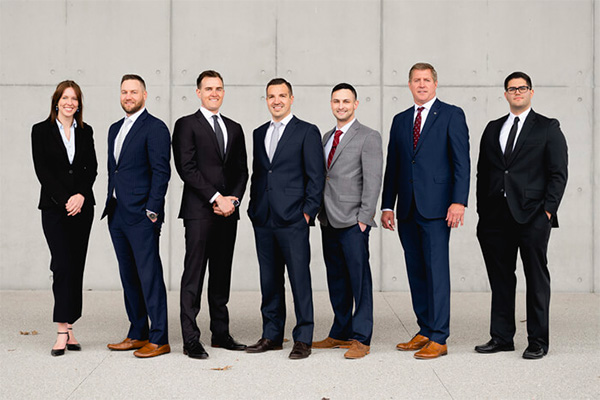
Providing Unmatched EXPERIENCE On Your Case When you find yourself in a situation where you’ve been treated unfairly or you’re in the middle of a legal disagreement, it can be difficult to know what your rights are and how to proceed.





